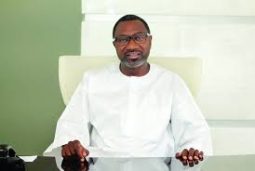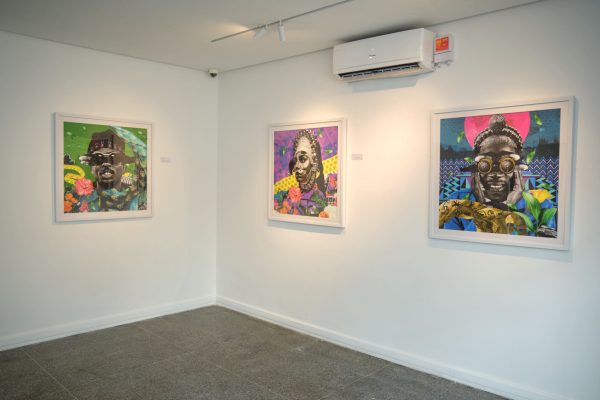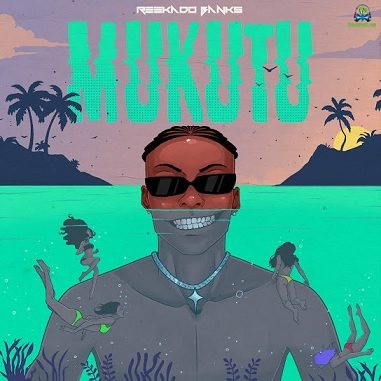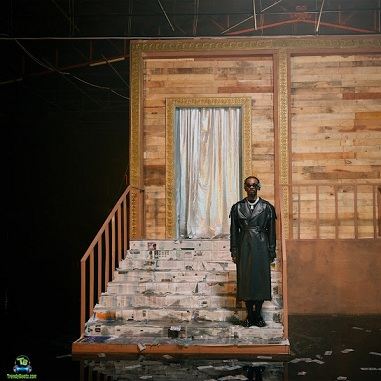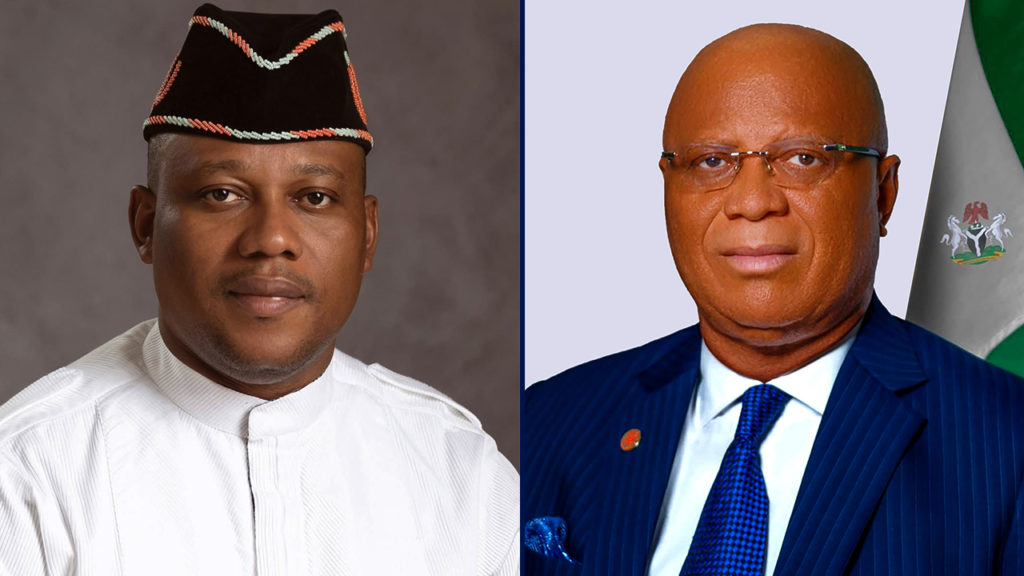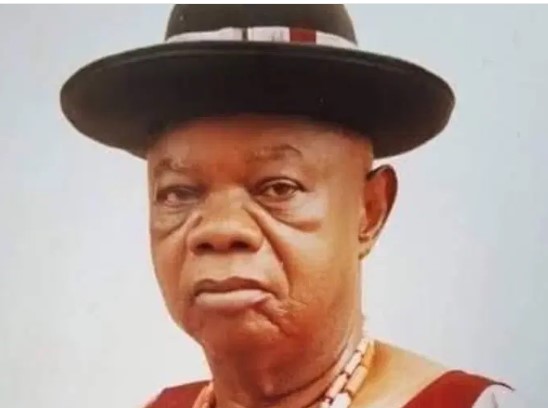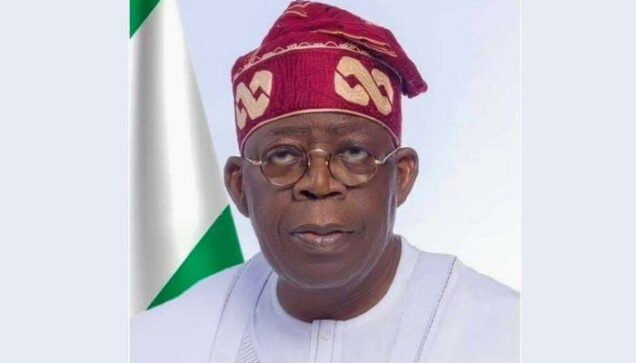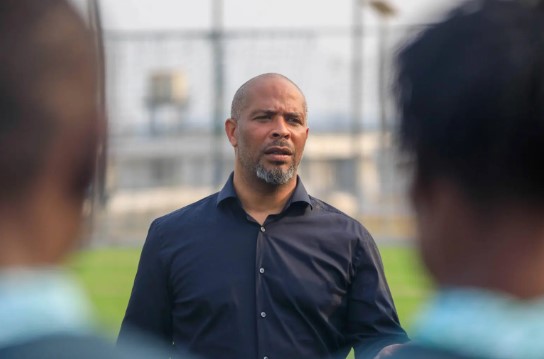Democracy Day In Nigeria - History
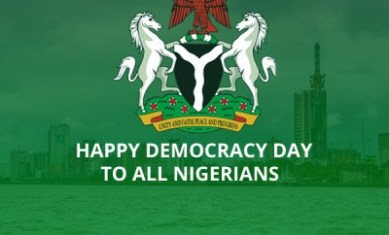
Democracy Day is June 12, a national public (bank) holiday in Nigeria. Until June 6, 2018, it was held annually on May 29, the day the military handed over power to an elected civilian government in 1999, marking the beginning of the longest continuous civilian rule since Nigeria's independence from colonial rule in 1960. It is a tradition that has been held annually, beginning in year 2000.
Did you know? You can comment on this post! Just scroll down
Nigeria's Democracy Day is a public holiday to commemorate the restoration of democracy in the Federal Republic of Nigeria. May 29 was initially the official democracy day in Nigeria, marking when the newly elected Olusegun Obasanjo took office as the President of Nigeria in 1999, ending multiple decades of military rule that began in 1966 and had been interrupted only by a brief period of democracy from 1979 to 1983.
On June 6, 2018, eight days after May 29, 2018 had been celebrated as Democracy Day, the President Buhari-led Federal Government of Nigeria declared June 12 to be the new Democracy Day. This was done to commemorate the democratic election of MKO Abiola on June 12, 1993, in what has been adjudged to be Nigeria's freest and fairest elections. It was, however, cancelled by the Ibrahim Babangida Junta.
Nigeria gained independence in 1960 from Great Britain then Nigeria fell prey to the first of so many military coups on 15th of Jan 1966, and then, a civil war. Democracy was briefly restored from 1979 to 1983 to the country, but for most of its independent history, Nigeria was ruled by a series of military juntas. The last major military ruler was Gen. Sani Abacha, who died suddenly in 1998. His successor, Gen. Abdulsalami Abubakar promised a transition to democracy, and accordingly a new constitution was adopted on May 5th, 1999. Elections were held and retired Gen. Olusegun Obasanjo, who had previously governed Nigeria as a military ruler, was elected the new president.
The end of military rule brought about a new era of regular elections as well as the return of civil liberties, free press and an end to arbitrary arrests and torture, although human rights violations still occur regularly. Nigeria also began a long campaign against the bureaucratic and military corruption that had paralyzed its economy and severely tarnished its international reputation.
SOURCE: WIKIPEDIA
Article Posted 6 Years ago. You can post your own articles and it will be published for free.
No Registration is required! But we review before publishing! Click here to get started
One Favour Please! Subscribe To Our YouTube Channel!
468k
Cook Amazing Nigerian Dishes, Follow Adorable Kitchen YouTube Channel!
1.1m
Like us on Facebook, Follow on Twitter
React and Comment
Click Here To Hide More Posts Like This
Watch and Download Free Mobile Movies, Read entertainment news and reports, Download music and Upload your own For FREE.
Submit Your Content to be published for you FREE! We thrive on user-submitted content!
But we moderate!





